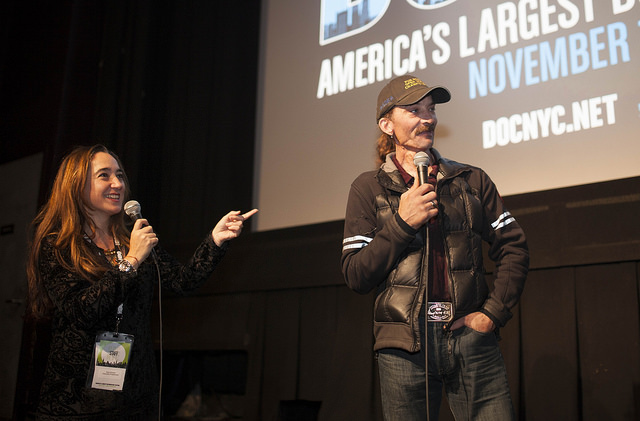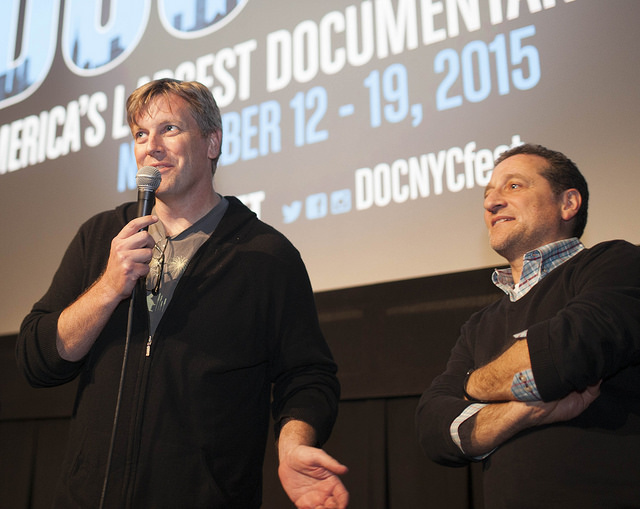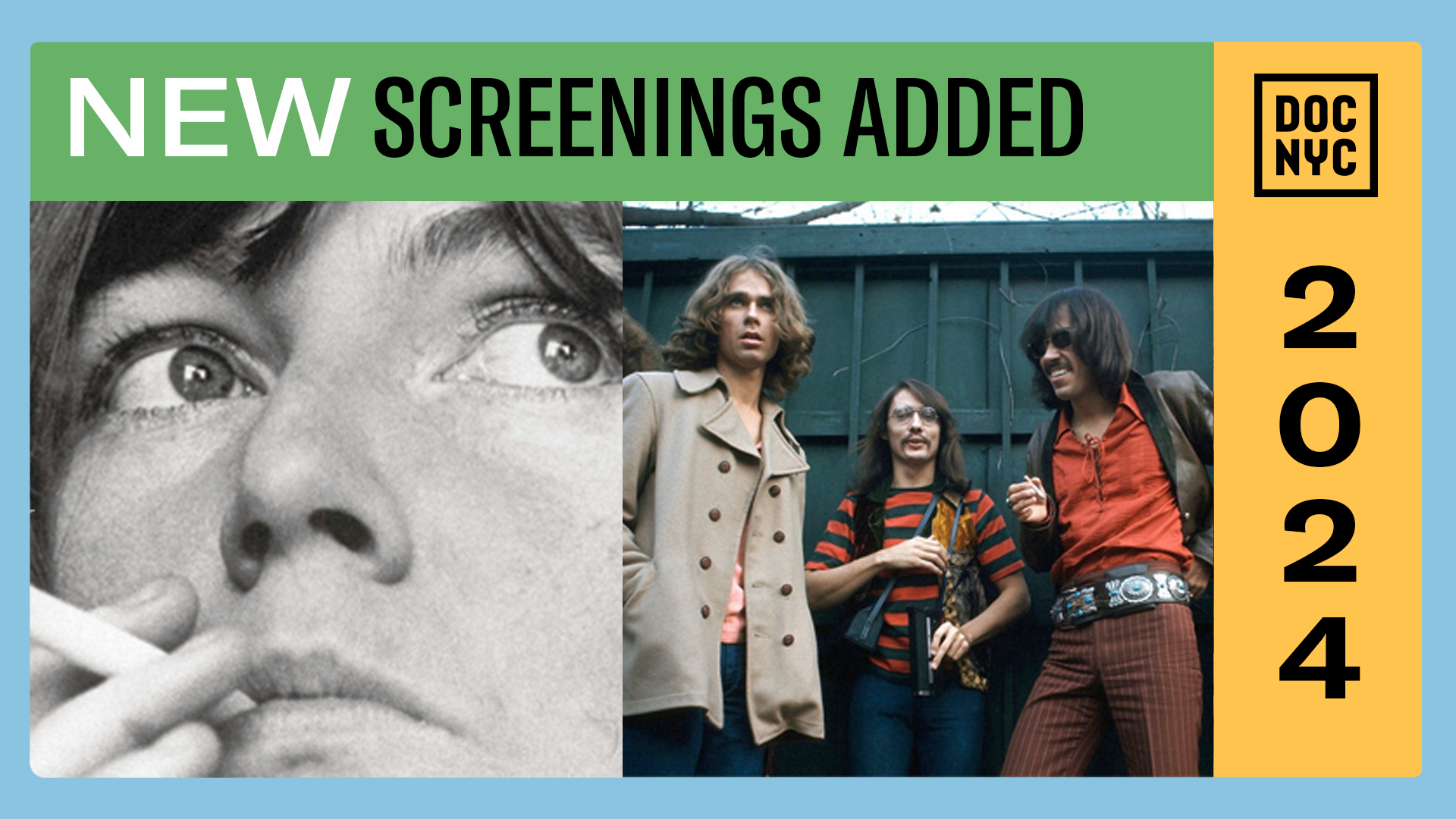A Triumphant Tale of A Man and His Dogs Director Greg Kohs thrilling portrait of dog-sled racer Lance Mackey


Written by Eugene Rosenberg
The Great Alone focuses on the greatest champion of one of America’s most unique sporting institutions – Alaska’s Iditarod sled dog race. The film follows four-time champion Lance Mackey and his team of dogs over some of Alaska’s most ruggedly beautiful terrain as he competes in the 2013 event. Yet rather than focus on the competition in the standard linear fashion of typical sports documentaries, Director Greg Kohs’ dedicated crew of experienced sports documentarians breaks away from the rigors of Mackey’s trek across the tundra to reveal an intimate portrait of the man and his relationship with his dogs.
The Great Alone offers an intimate portrait of a champion while transcending the standard tropes of the athletic documentary, and delivers an entertaining and thoughtful narrative, which stands as an impressive achievement for a film extensively about dog sled racing. The symbiotic relationship between the “musher” and his team allows The Great Alone to explore universal themes of man’s relationship with the natural world, the Mackey family’s generational conflicts, the redemptive experience of communing with nature, and humanity’s connection with, and love for canines.
At Monday’s well-attended New York Premier at DOC NYC, the audience warmly welcomed the documentary’s principal creators and subject as they ruminated on the technical creation of The Great Alone. The enthusiastic crowd, including several amateur mushers and admirers, peppered the film’s participants with energetic questions about the origins of the project. In detailing his initial inspiration, Kohs explained, “I was filming a 90 second spot for the Nike LIVESTRONG foundation, and as soon as I met Lance I knew there was a bigger story to tell.”
Mackey proclaims twice during the film, “I’ve been racing dogs since before I was born,” a bold claim that is hardly hyperbole, as he was literally still in utero while his pregnant mother competed in local sled dog races. From there, the film tracks his difficult upbringing and the numerous personal challenges he endured through his youth and early adulthood before finding himself through raising and racing dogs and finally becoming the all-time champion sled dog racer.
Kohs’ inspiring portrait of Mackey’s development into the niche sport’s most visible and admired personality develops against the backdrop of the 2013 Iditarod, his twelfth attempt at winning the grueling race. In keeping with the unique spirit of The Great Alone, the film celebrates Mackey’s drive and inspiration, even as we watch him fall behind in the race’s second half. In more formulaic sports narratives, we would expect Mackey to rally and return to the winner’s podium. But in the end, whether Mackey wins or looses does nothing to detract from where the film’s true power lies – in showing a man whose true victory lies in his love and dedication to his animals, which matter infinitely more than the mere concerns of winning.
Eugene Rosenberg is a writer based in Uptown Manhattan who has taught English and performance at several institutions in New York City, and spent a decade consulting and publishing in Asia. His writing can be found at https://palmhandstories.wordpress.com/


